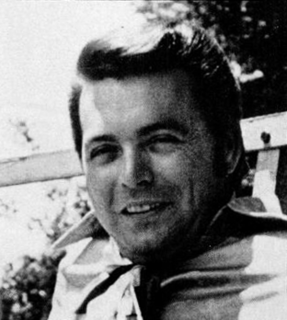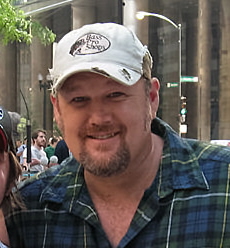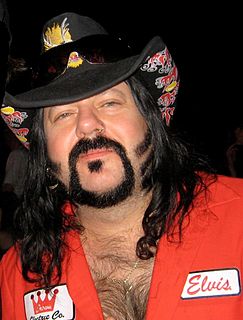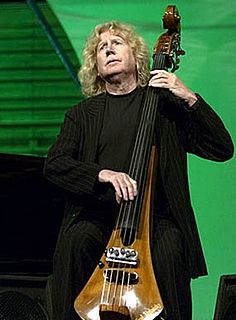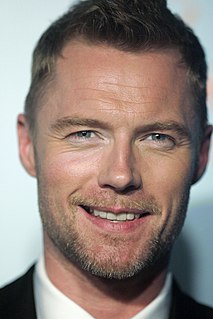A Quote by Mickey Gilley
Back then I thought if you cut a record, you were automatically a star.
Related Quotes
When I'm editing, I tend to cut, go back over it, cut, go back over it, cut, so by the time I'm done, even with a cut, I don't have a rough cut and then work on it so much. I have a pretty rigorous cut of the movie that's usually in the range of what the final movie is going to be. It doesn't mean I don't work on it a lot after that, but I get it into a shape so I feel I can really tell what it needs, or at least it's ready to show people.
When I started doing my act, I wasn't married and didn't have kids. I was probably 29 years old. Some people say that's not a kid, but when you're 50, and you look back to when you were 30, you were a kid. You look back on your 30s and think, "I was an idiot!" But I would just do things then I thought were funny. I couldn't have cared less who thought anything about it.
I would give anything if it went back to analog age. I mean, music was so real, and you had to sing everything on a record; you had to play everything on a record. There was no cut-and-paste - you couldn't get the chorus right one time and then paste it every other time; you really had to be good at what you did.
I auditioned for this agency. I got an advertisement first, and then something else, which I got fired from. It was soul-destroying. And then the next thing I got, I thought was going to be my big break, and they cut the role. It was only the year that I started auditioning for 'Star Wars' when I really started getting roles.
Making a record is a lot like surgery without an anesthetic. You first have to cut yourself up the middle. Then you have to rip out every single organ, every single part and lay them on a table. You then need to examine the parts, and the reality of the situation hits you. Then you pop it all back in, sew yourself shut and perform.
I think I gave indications early on that mine wasn't just going to be a commercial, er, career. If that were the case, then the first record would have been 10 versions of 'Loser.' I always thought it would be interesting if there was no such thing as gold and platinum records, or record deals, and people were just making music. What would the music sound like?
It wasn't until I got out of the Army and I heard Coltrane's record 'Coltrane,' when he was doing 'Inch Worm' and 'Out of This World,' that I thought, 'Oh my God, you can do that?' And then I thought, 'OK, I better go back and listen to Eric Dolphy a bit.' And then I said, 'Hmm, I better pull out these Ornette Coleman records.'
The industry has changed in that it is far more disposable than it used to be. When Boyzone came out, we were given a shot and the patience to record our singles and albums. Nowadays, the thought is if it is not working, then the artist will be dropped. The record companies will bail on the artists, and I find that sad.
The idea was to have a basin inverted on his head and his hair cut to the shape of it. Skill and money were not needed. Then the idea grew that it was more convenient to leave the basin on his head. Stray thoughts were trimmed along with stray hair; brain-vines, tentacles of thought, were not encouraged to wander. Then, in the interests of human economy, the head of adaptable man became a basin of uniform shape—a basin, a crash helmet. Safe at last; no more thought-cuts.
